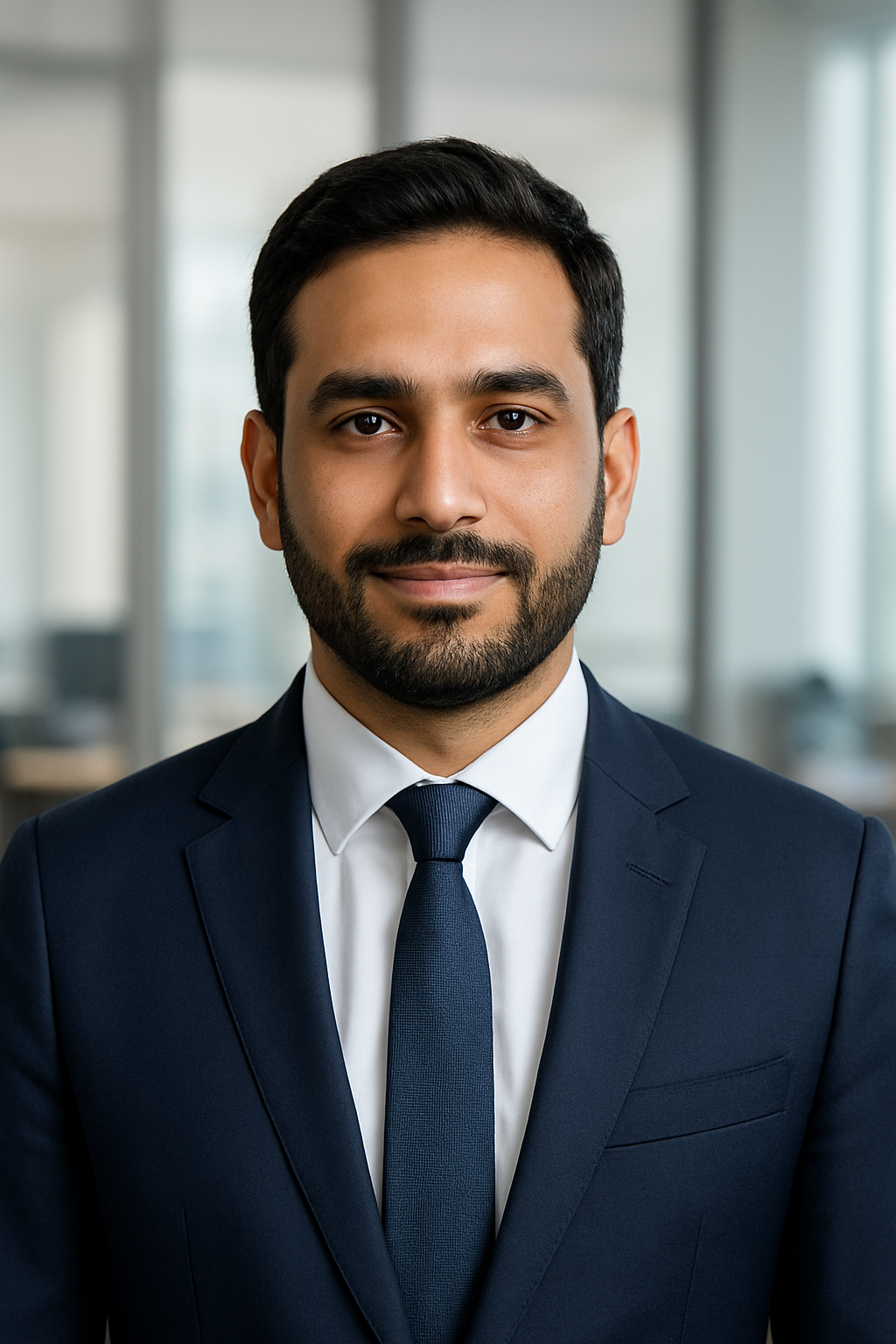Among the countries with the strongest Islamic economies, Kuwait is one that has long been a staunch advocate of halal consumers’ rights and a key player in the global industry.
A member of the International Halal Accreditation Forum (IHAF), Kuwait is among the top 10 countries with the highest Global Islamic Economy score, according to the latest State of Global Islamic Economy Report. Its strengths are found to be in the sectors of Islamic finance and travel ($9.6 billion consumer travel expenditure).
Considering the interests of such a huge market, the country’s halal sector is driven by concerted research and development efforts. At least 60 per cent of studies conducted in the state-run Kuwait Institute for Scientific Research (KISR) are focused on halal, according to a KISR talk at a Halal International Authority (HIA) Convention.
“Enhancing Halal-focused research is important to reassure the Muslim communities around the world / globally that the food they consume respects both the Quran and the Sunnah precepts. [There] are many products that pass off as Halal, but [in reality], they are not accredited by internationally recognized authorities,” the HIA report said.
In the same report, the public has also been warned against products with ingredients that could have been derived from haram sources.
These days, even fish must be Halal-certified since some cultured fish are fed with the less costly pork alternative and its gelatin derivatives, the Kuwait Times article added.
As the global industry market continues to grow at an unprecedented rate and becomes a lucrative target for businesses, Kuwait remains vigilant in upholding Halal standards and in evaluating prevailing practices.
“The value of having a sound strong halal supervision methodology is to ensure purity of Halal in products at a time where doubts in Halal products [exists],” according to a KISR-led talk in Thailand.
It discussed the basics and principles of halal products and services should be fully understood by all stakeholders of the halal industry to ensure integrity of Halal all along the supply chain.
Aside from protecting Muslim consumers, the research centers of Kuwait also explore the emerging opportunities in the halal industry.
At a halal conference in Spain, the country’s representative talked about the eight sectors that investors can take advantage of. These are food and beverage products, cosmetics, pharmaceuticals, health care products, personal and household detergents, supportive halal services, halal technology and primary raw materials production.
Of these eight, the report indicated that ingredients manufacturing poses a significant potential: “[Production of] raw materials such as gelatin, enzymes, fat, and proteins are considered [to be one] of the successful future markets because these provide the [ingredients] of other halal products.”
H.E. Mohammed Saleh Badri, Secretary General of IHAF, said: “Kuwait’s strong halal strategies in terms of research and development suitably fit into IHAF’s vision of creating a global Halal industry that is universal and transcends the trade borders of the world.”
“We are one with Kuwait in promoting appropriate practices and setting in place accurate systems to ensure efficiency in halal chain. IHAF is proud to have a member-country that is supportive of the global halal industry,” Badri concluded.
Go to Homepage

Anas AlQahtani is a seasoned job consultant and content writer at IHAForum.ae, bringing over 10 years of experience in the UAE and Saudi job markets. Known for his practical guidance and industry insights, Anas helps job seekers make confident career choices while supporting employers in finding the right talent. His work at IHA Forum focuses on empowering candidates with clear, reliable, and actionable career advice.